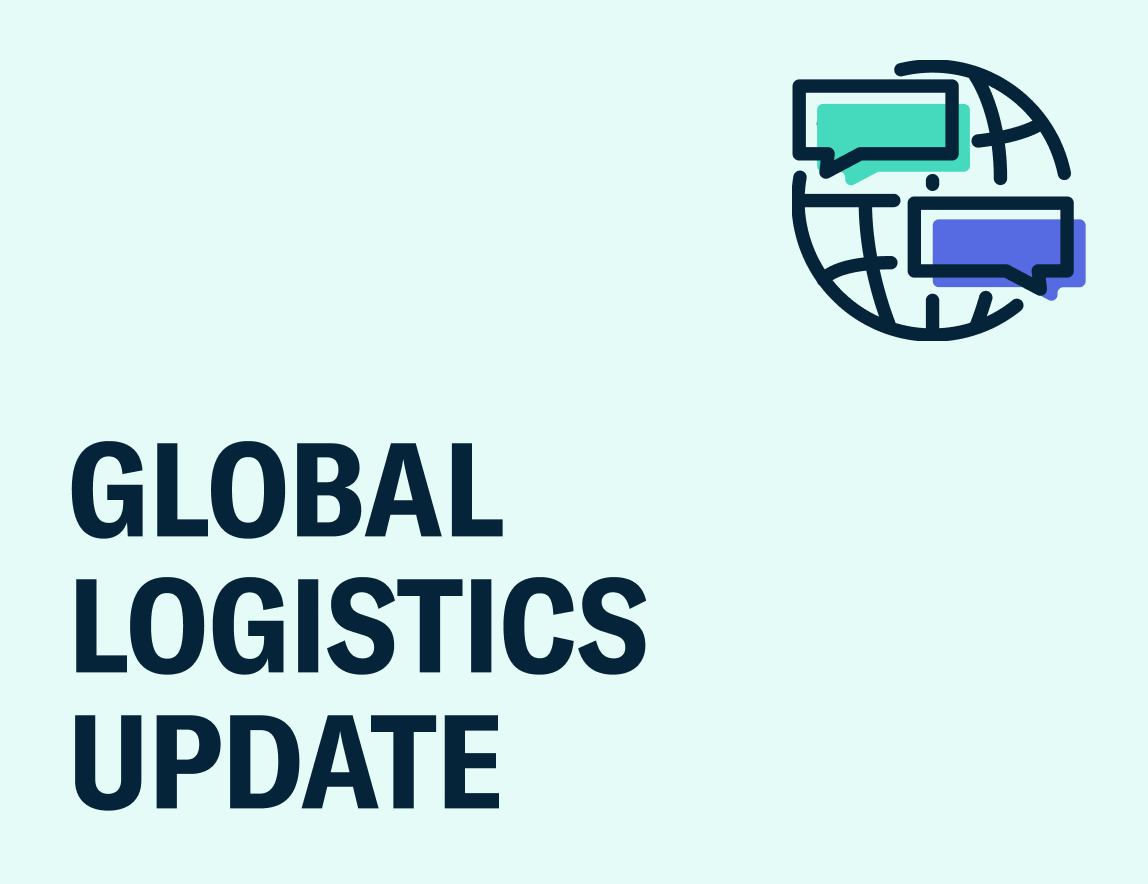
April 12, 2023
What You Need to Know About Fixed Fee Business Loans and Their Hidden Costs
Tags:
What You Need to Know About Fixed Fee Business Loans and Their Hidden Costs

Head of Flexport Capital
Fixed fee loans or merchant cash advances (MCA) can be an attractive option for small business owners who need quick access to cash. But the true cost of borrowing against merchant cash advances can be hidden—you are likely to end up paying more for this capital than you might think at the outset.
Because MCAs are defined as the purchase and sale of receivables, as opposed to a "loan," the lenders are not required to tell borrowers (buyers) all the details. These loopholes in regulations around these transactions may surprise you in the following ways:
1. Impact on cash flow
Merchant cash advance programs typically require daily or weekly repayments, which can be a burden on your cash flow, as you may need to generate more revenue just to make your loan payments.
2. The potential for default
If your business is struggling to generate enough revenue to make your loan payments, you may default on your merchant cash advance. This can lead to legal action and damage your business credit score.
3. Alternative financing options
Thanks to being structured as a sale, not a loan, MCA programs don’t have to tell borrowers about other financing options that may be available. For example, you may be able to secure a traditional bank loan, a line of credit, or a business credit card that has lower interest rates and fees.
4. Impact on your personal credit score
Merchant cash advance programs may require a personal guarantee, which means that you are personally liable for the loan if your business defaults and will result in negative implications for your personal credit score.
Uncovering the High Fees Hidden Behind MCA Agreements
Due to the structure of MCA agreements, an APR is typically not disclosed. Rather than providing an annual percentage rate (APR), an MCA agreement will provide a Transaction Amount based on a percentage of the amount of the cash advance.
Understanding the difference between the transaction amount/fee and how that equates to an APR is extremely important when evaluating whether an MCA is right for your business. Here’s an example.
APR Calculation Example
A lender may offer a 6-month loan of $100,000, with a fixed fee (Transaction Amount) of 9% to be repaid monthly—totaling $109,000 in equal installments over the next 6 months.
These business-friendly loans seem like a good deal, after all, borrowing at 9% is cheaper than a credit card and it’s as simple as a click of a button. But you are not borrowing at 9%. The total cost of the repayment is 9% of the loan amount, however, this does not account for either the number of days in the loan, or the repayment periods.
The true APR of the example $100,000 loan with a 9% fee and 6 monthly installment payments is a lot higher than the face value of 9%.
Embedded in this “6-month loan” are actually six “mini-loans”—one for 1 month, one for 2 months, etc. Each of these mini-loans has a 9% fee, regardless of their length.
Let’s see what that does to the cost of capital calculation.
Total amount owed = $109,000
- Every month one-sixth of that is owed = $18,166.66
- Continue to break that $18,166.66 down and ask, “how much of that was principal, and how much was interest?”
- At month one, one-sixth of the principal ($16,666.66) and one-sixth of the fee ($1,500) was paid
- Determining the effective interest rate for this payment depends on how long the money was held for
- After only 30 days, a full year of interest on the first $16,666.66 of principal was paid in the form of that $1,500 fee (“just” 9%)
That means the real or true APR on that first mini loan was an exorbitant 108% (9% times 12 months).
To understand the true cost of capital of the entire loan, average out the effective interest rate on each of the 6 mini-loans. On a blended basis—that “9% fixed fee loan” has a true effective interest rate of 44.1%.
The faster this fixed fee loan is paid back, the higher the effective rate is because the interest is being “pre-paid” upfront, regardless of how long the principal is kept. Imagine how much worse this gets with daily repayment loans with lenders that take a percentage of daily sales—the entire fee is owed on a principal held for only one day.
Trade Financing With Flexport Capital
With a normal loan, the faster you pay it off the cheaper it is because it accrues less interest—the interest fee will be charged on a smaller principal balance. With a fixed-fee loan the entire interest is paid upfront, so paying it back sooner just increases the effective APR.
Use this calculator to determine the true cost of a fixed-fee loan.
Discover the benefits of working with Flexport Capital and see why small businesses choose to partner with us over MCAs.
- Quick approval. For business owners who don’t have time to wait weeks for a loan, Flexport Capital offers small business owners fast and easy access to cash with minimal documentation.
- No collateral needed. Like MCAs, Flexport allows borrowers to take out unsecured lines and don’t have to provide collateral in order to secure funding.
- Auto-repayment schedules. With Flexport Capital, payments can be set up to be withdrawn automatically from your account, so you don’t have to worry about it.
At Flexport Capital, we strive to offer financing solutions that keep costs low and opportunities high. It’s our mission to make trade financing more accessible and affordable for businesses to secure the financing they need to grow and expand their companies.
About the Author

Head of Flexport Capital








